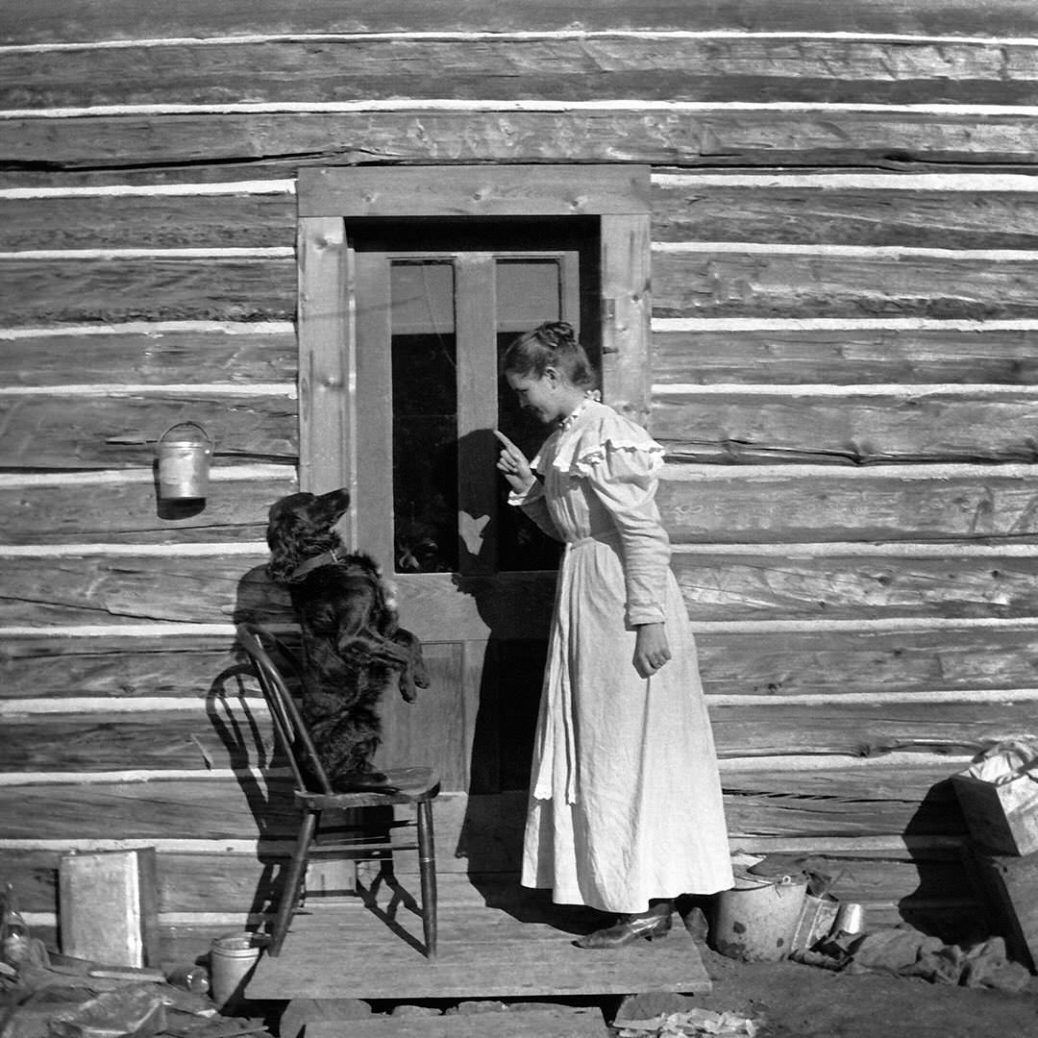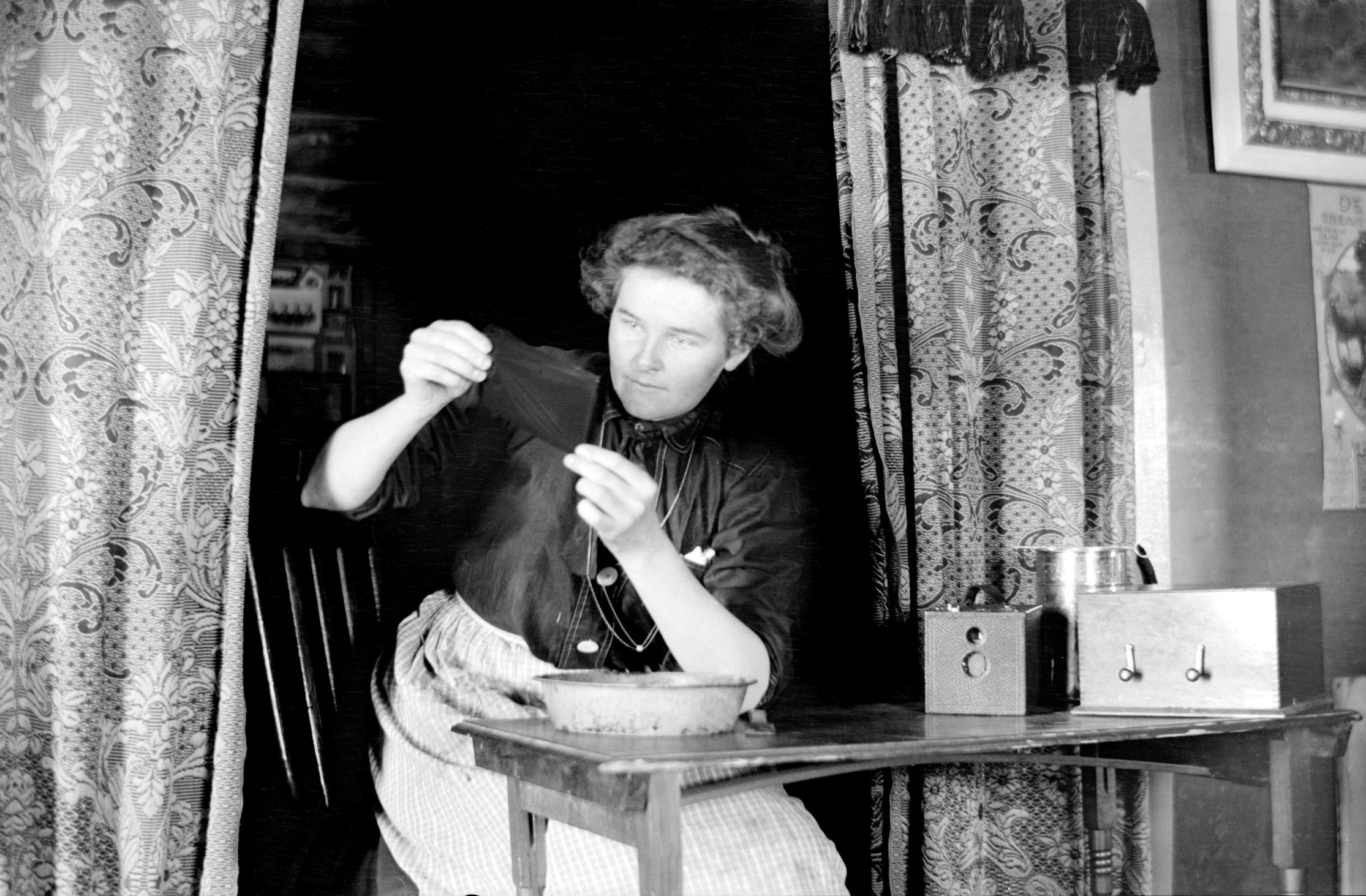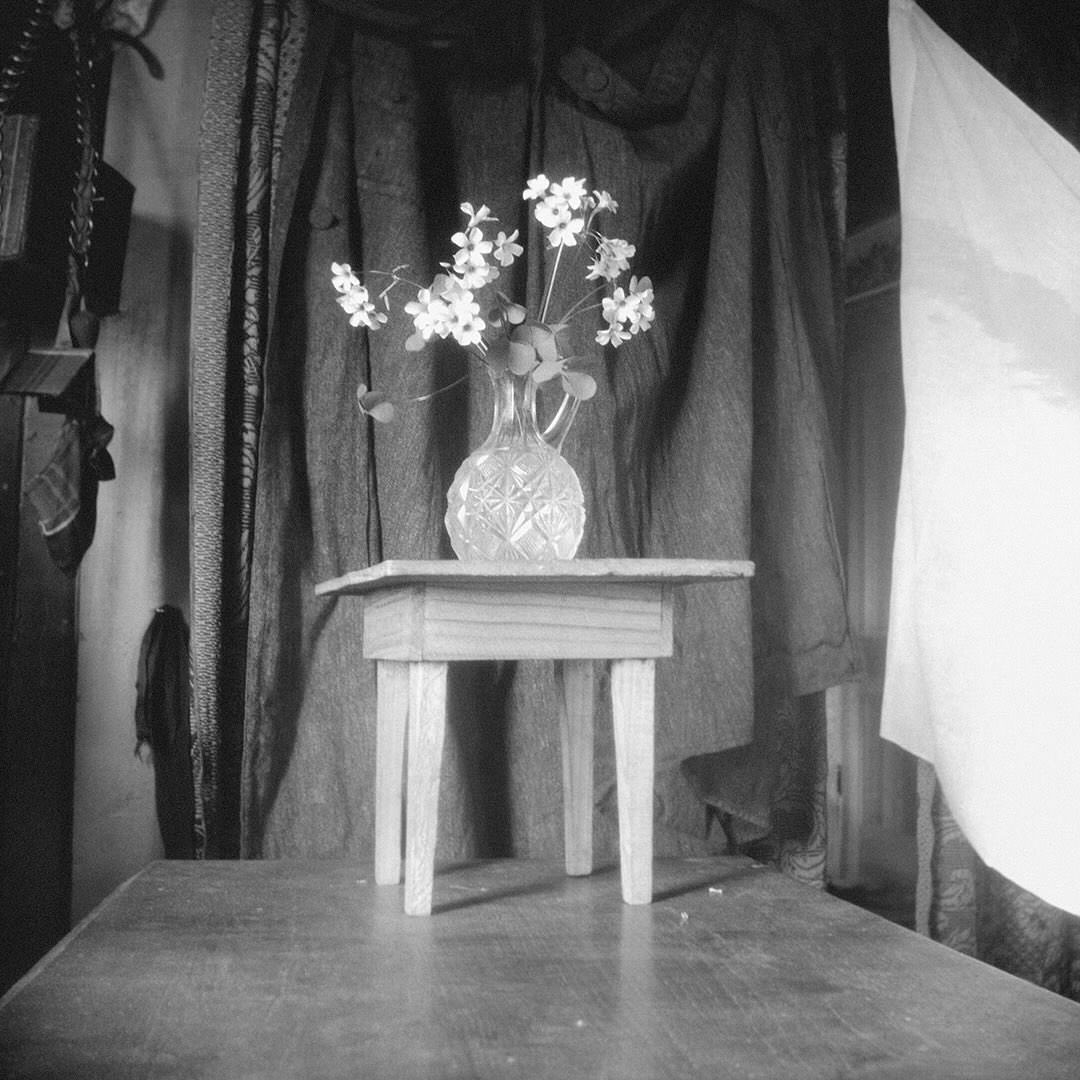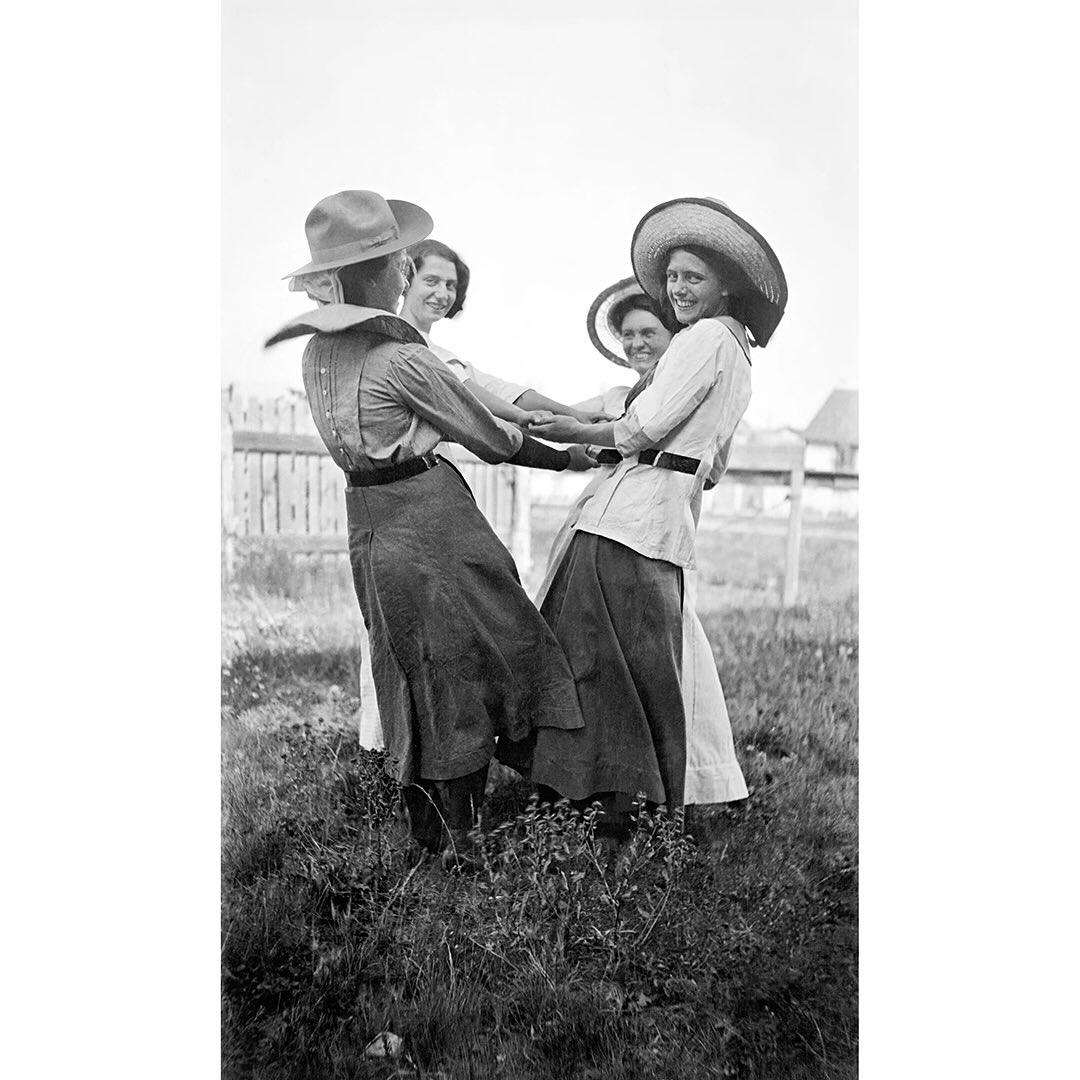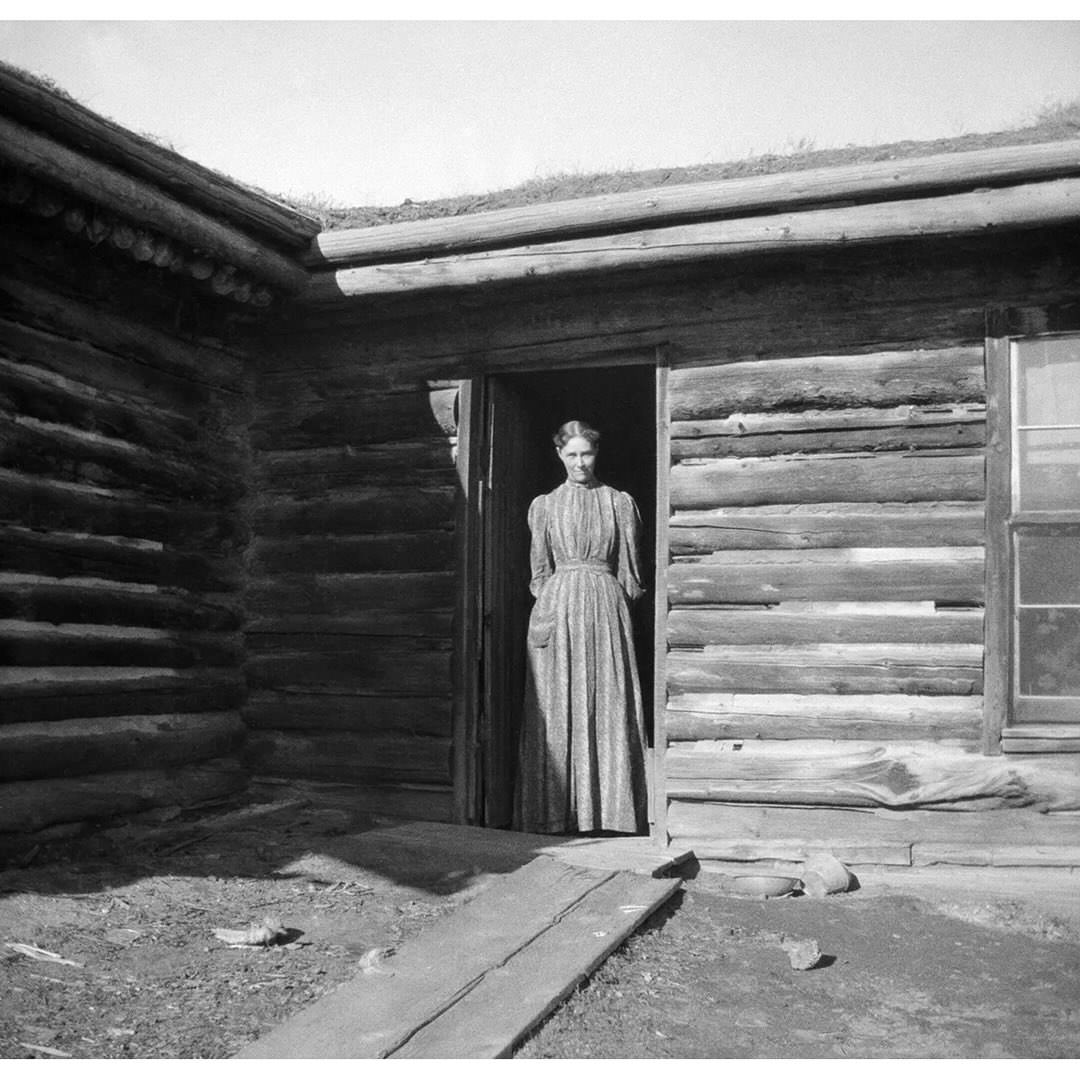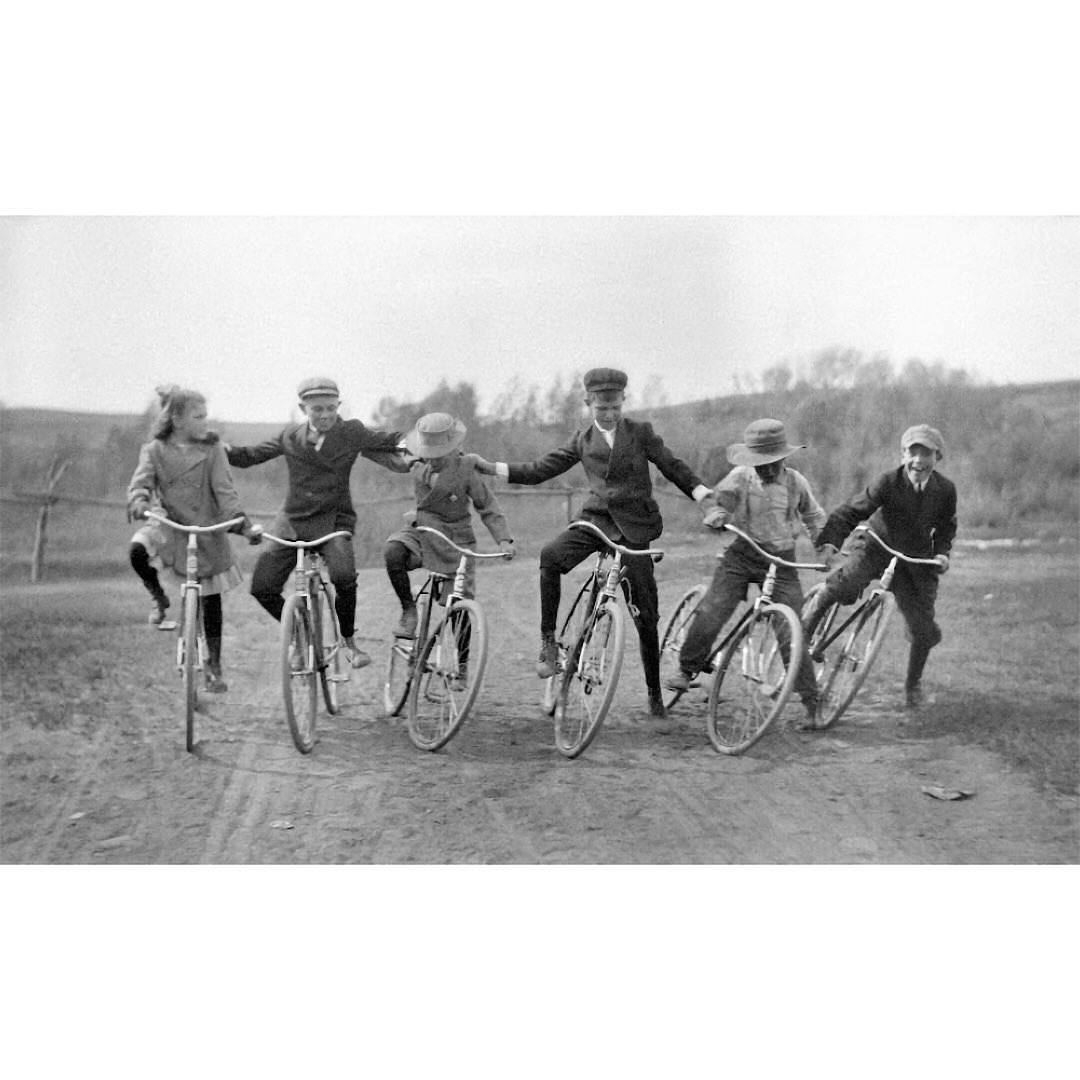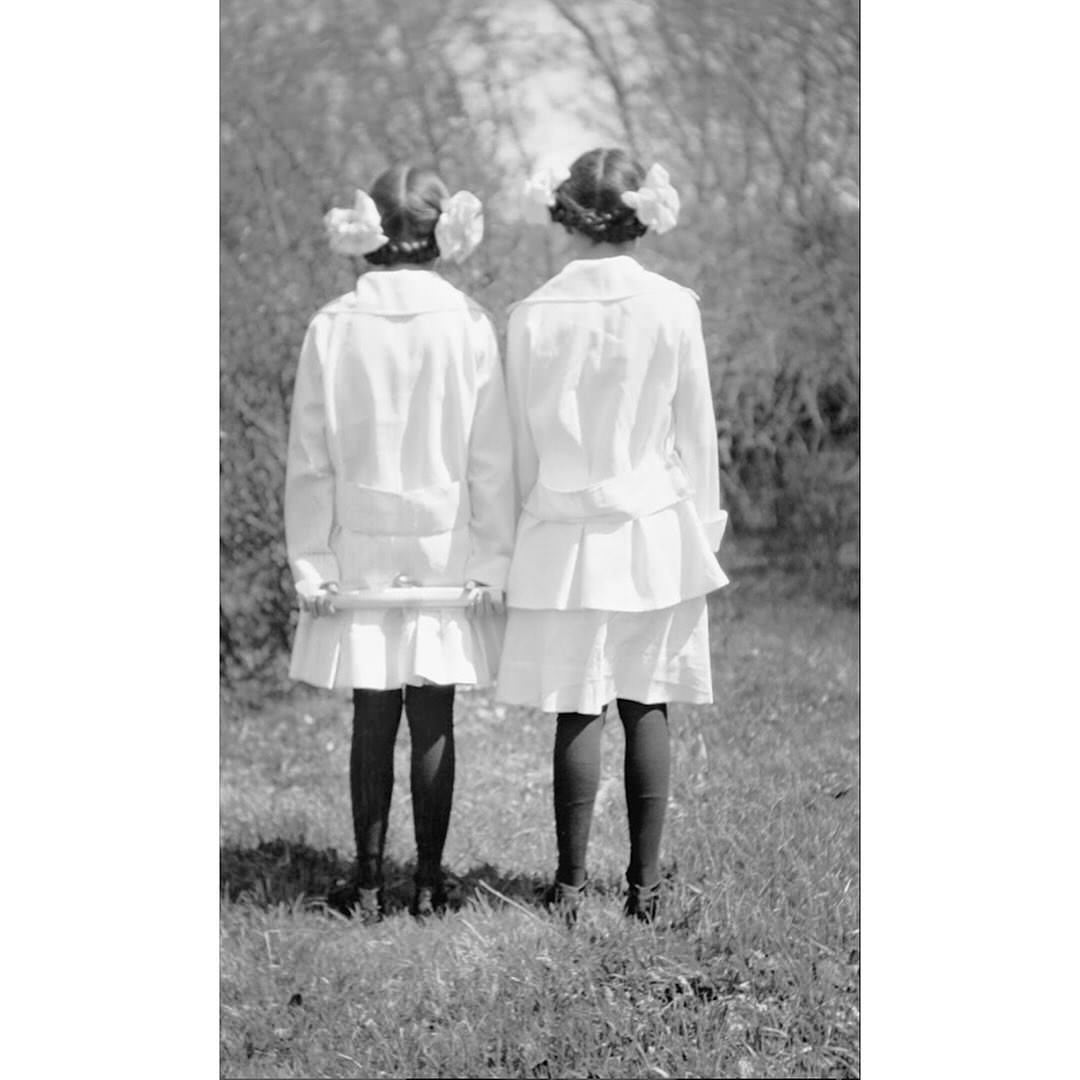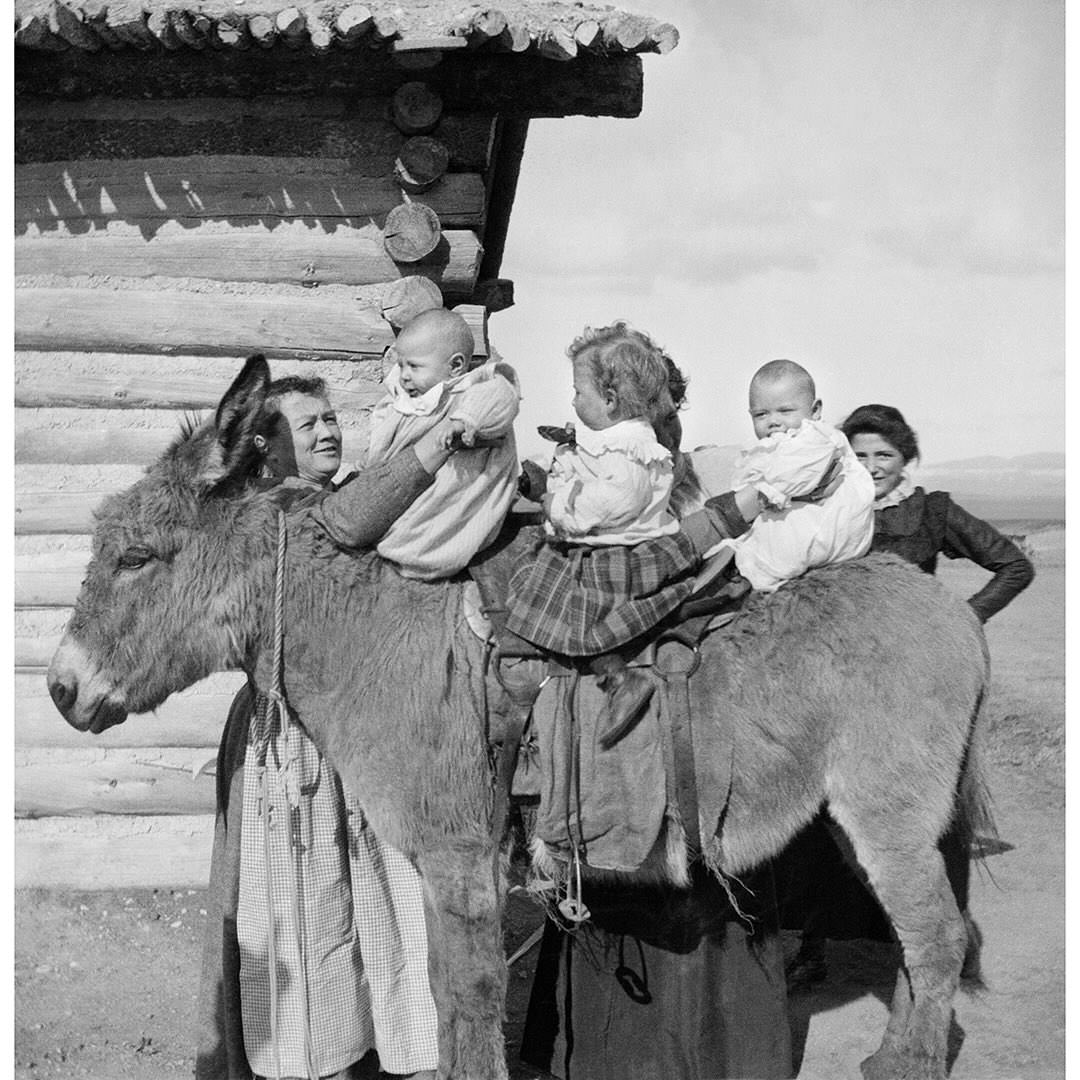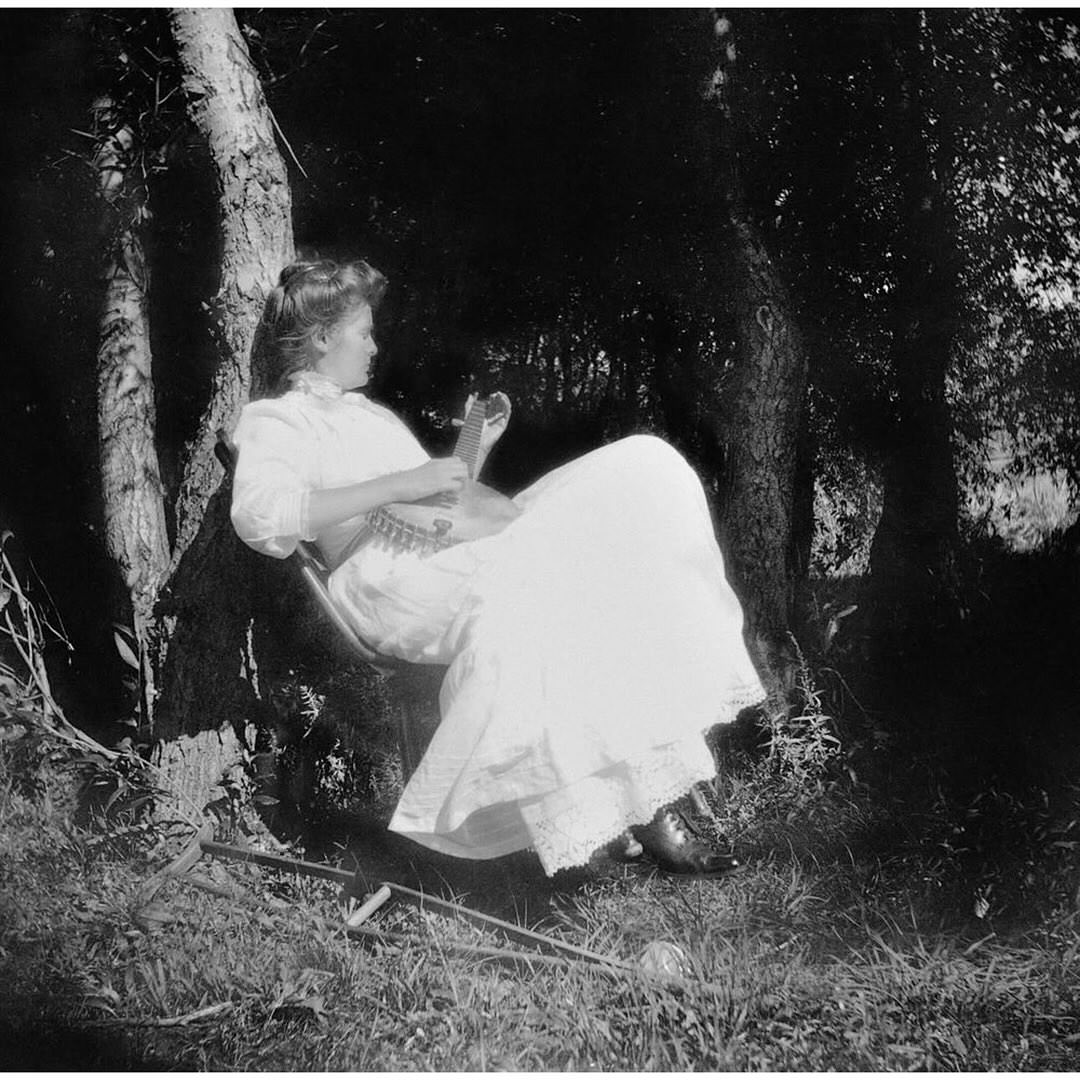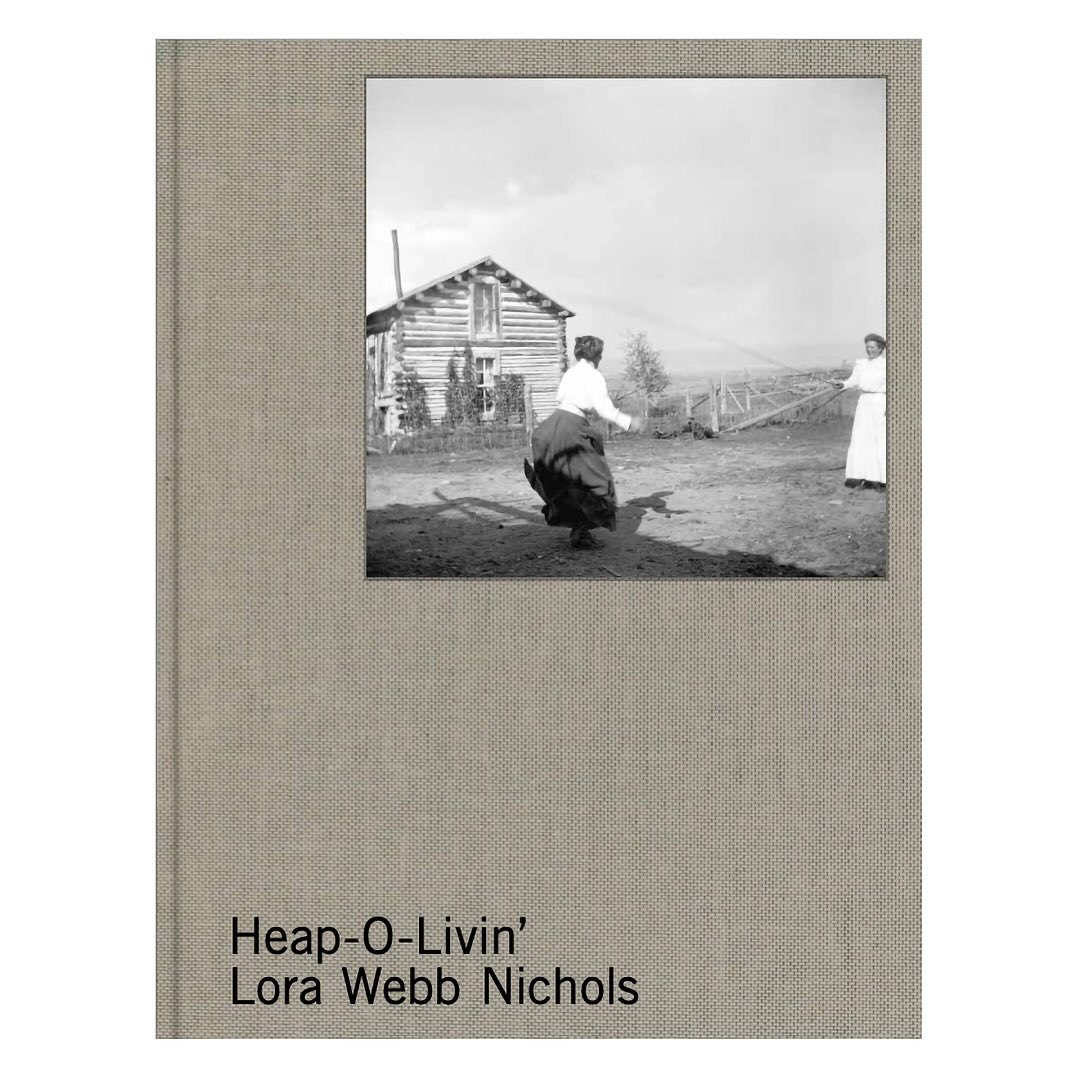Lora Webb Nichols: Heap-O-Livin’
Heap-O-Livin’ offers a rare and intimate look at the daily lives of women and girls in early 20th-century Wyoming, as seen through the lens of Lora Webb Nichols. Across a body of work comprising more than 24,000 photographs, Nichols documented both the burdens of domestic and maternal labor and the moments of joy and solidarity shared among women. Set against the backdrop of Encampment, Wyoming—where geographic isolation, harsh winters, and a patriarchal culture shaped existence—Nichols’s photographs reveal the emergence of a resilient, female-centered community. Visits between relatives and neighbors were occasions for connection and emotional sustenance, and for Nichols, they became opportunities to take photographs that celebrated the transitions from girlhood to womanhood, from daughters to wives and mothers.
About the Author
Lora Webb Nichols (1883–1962) produced and preserved nearly 24,000 negatives over her lifetime in the small mining town of Encampment, Wyoming, creating one of the most remarkable visual archives of the American West. Her images capture the domestic, social, and economic fabric of a sparsely populated frontier community in south-central Wyoming.
Nichols received her first camera in 1899, at age sixteen, just as the local copper boom was transforming the region. Her earliest pictures feature her family, self-portraits, and landscapes documenting the cultivation of the land around Encampment. Soon, her lens turned outward to miners, industrial sites, and the rapid—if short-lived—growth of the town.
By 1906, Nichols was working professionally, photographing families and industrial operations while developing and printing her images in a home darkroom. After the decline of the copper industry, she remained in Encampment and founded the Rocky Mountain Studio, offering portrait and photofinishing services. Throughout the 1920s and 1930s, her studio became a cultural hub for the town and a testament to her enduring commitment to photography.

